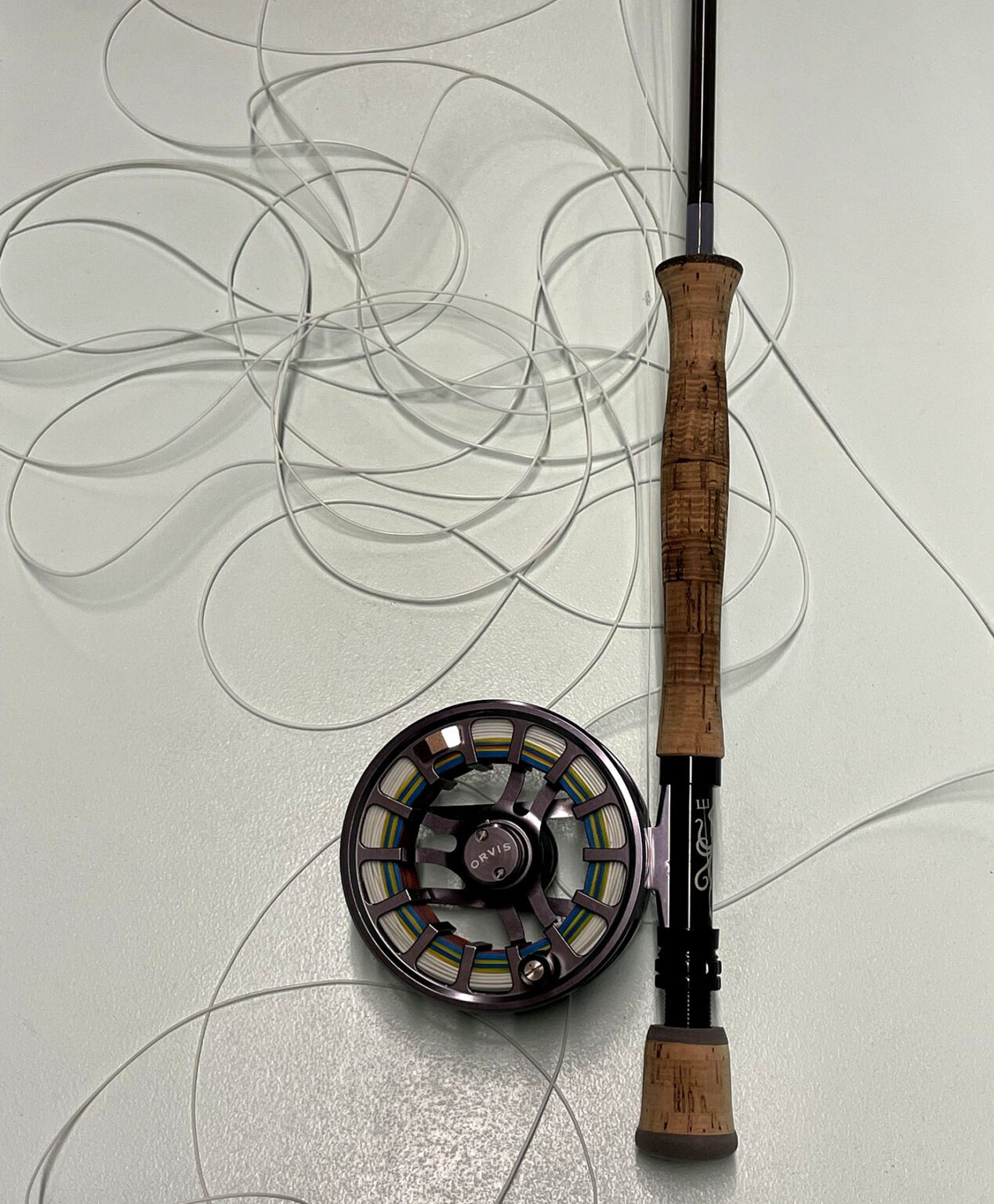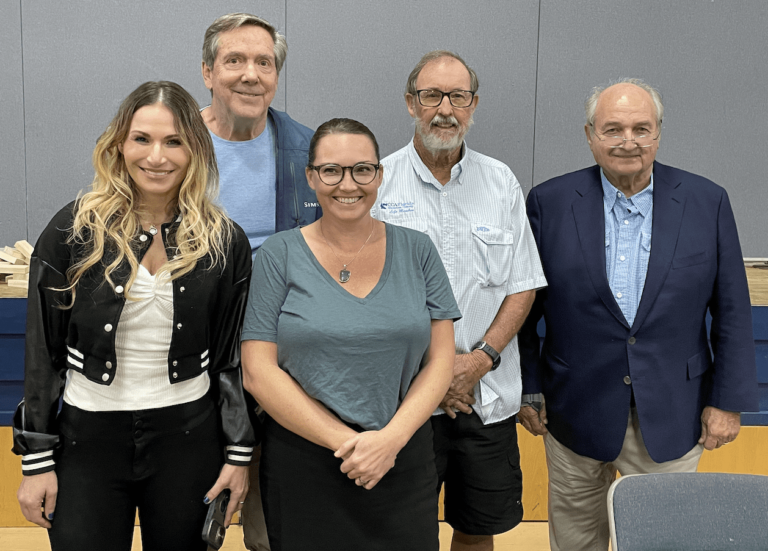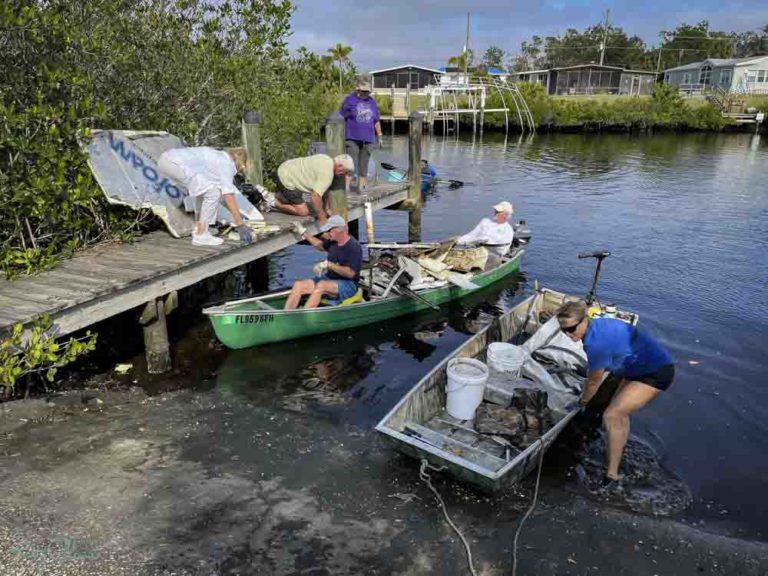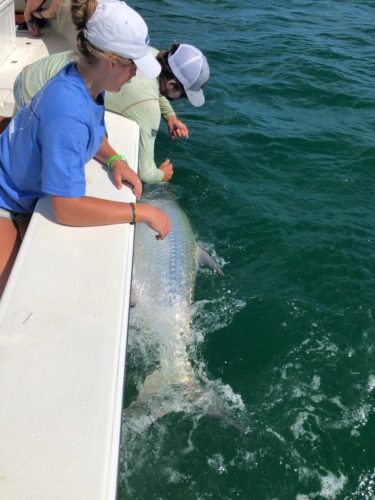Merriam Webster’s Dictionary defines learning as “knowledge or skill acquired by instruction or study.”
As most anglers will attest, that’s how we’ve gained the ability to successfully (occasionally) target different species of fish. That knowledge probably came from a plethora of sources. I count fishing guides, experienced anglers, the internet, television, books and magazines for a lot of what I’ve learned. If you’ve been around the water for any length of time, you’ve probably experienced that one of the best teachers of all is the mistakes we’ve made along the way.
I often say that, “The more I know, the more I know how much I don’t know,” but recently that phrase came into sharper focus when I was fly fishing with an accomplished angler who is younger than I am. During several days on the water, he commented on several things I was doing that he thought, if changed, could improve my fishing. During that same time, I had a few critiques for him as well. At the time, both of us assumed we were right and the other was wrong. As it turned out, he was right and so was I. I think, in the end, we both became better anglers as a result.
He criticized the fact that I trailed a few feet of fly line in the water when I was on the bow. I developed that habit as a way of getting a cast off quickly by being able to load the rod sooner, avoiding extra false casts. When I argued that the line being right beside the boat couldn’t possibly spook fish, in my mind I was right.
As it turned out, he was right and I was wrong, but for a different reason. As it turned out, not having that line in the water avoided getting it fouled with floating algae and grass and potentially blowing a shot at a fish. And I realized that, having a few years of casting under my belt, I can get a cast off in plenty of time with less line. The trailing line wasn’t needed most of the time.
Rusty Chinnis is the Outdoors columnist of the Anna Maria Island Sun and chairman of Waterkeeper Suncoast, an organization dedicated to the preservation of the coastal environment.



